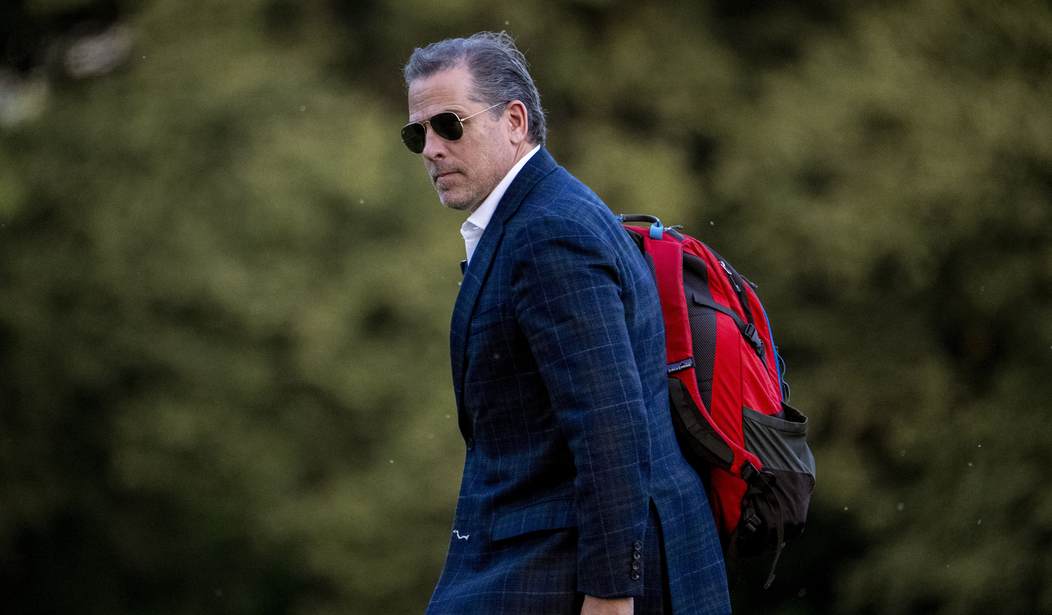Hunter Biden’s legal battle has taken a significant turn as the judge presiding over his case formally dismissed the original firearms charge against him on Wednesday. This development is a culmination of an ongoing series of legal proceedings and negotiations.
The president’s son was expected to plead guilty to the gun charge in July as part of a plea deal, which later fell apart. A federal judge on Wednesday formally dismissed that original firearms charge.
In a one-page order Wednesday, U.S. District Judge Maryellen Noreika accepted Special Counsel David Weiss's motion to voluntarily dismiss the original firearms charge due to the fact that a three-count federal indictment was returned against President Joe Biden's adult son last month.
Biden, 53, was indicted in September on one count of possession of a firearm by a person who is an unlawful user of, or addicted to, a controlled substance; and two counts alleging he made false statements in the course of purchasing the gun. He pleaded not guilty.
In its motion filed Oct. 4, Weiss and his deputies requested Noreika drop the original gun charge "without prejudice."
Weiss, a Trump-appointed U.S. attorney for Delaware, has been named special counsel to spearhead the investigation into various issues regarding Hunter, who is still facing new charges related to his gun ownership that were filed in September. He has pleaded not guilty to these charges.
The prosecution and defense have clashed over this charge previously. Weiss and his team initially planned to drop the original gun charge during a plea hearing on July 26 in which Judge Noreika grilled the attorneys over the validity of the plea deal. The central issue was whether Hunter would be immunized from future prosecution for other potential crimes.
The initial expectation was that Hunter would plead guilty to misdemeanor tax charges, which would enable him to avoid prosecution on the gun possession count. The deal’s collapse led to the three-count federal indictment Hunter is currently facing.
The gun charges against Hunter have garnered national attention – especially from those involved in the debate over gun rights and gun control. Critics of the law under which Hunter is being prosecuted argue that it violates the Second Amendment. They point out that the government should not possess the authority to prohibit someone from owning a firearm simply because they use illegal drugs.
Interestingly enough, this case could be significant, not only because Hunter is the son of President Joe Biden, but because it could set a precedent that could ultimately result in the overturning of the law restricting gun ownership for prohibited persons. The Supreme Court’s ruling in New York Rifle & Pistol Association v. Bruen last year has paved the way for gun rights advocates to strike down a number of gun restrictions across the country. Hunter’s attorney indicated that he would use the Bruen decision in his defense, which would be quite an ironic twist given the president’s virulently anti-gunner stance.












Join the conversation as a VIP Member